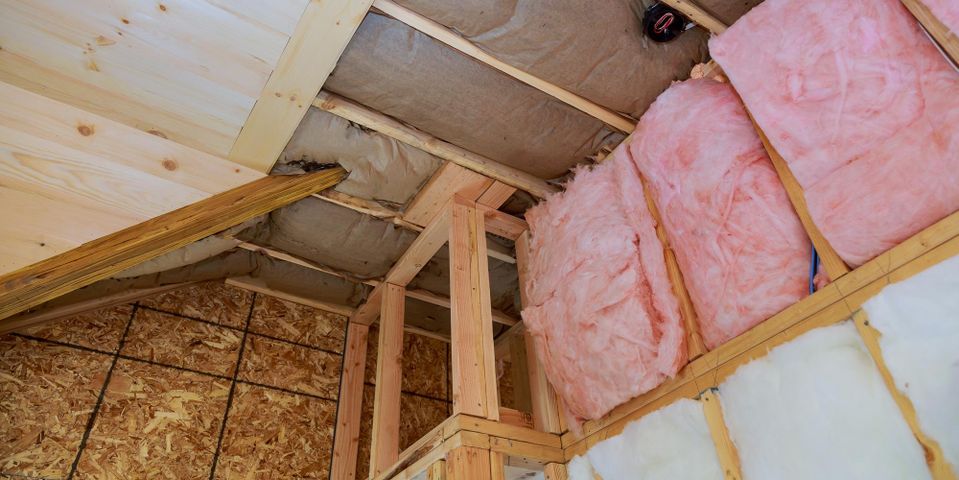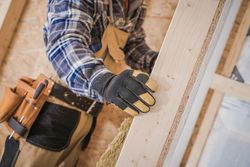
If you’re building your own home, adding high-quality insulation may not be a top priority. However, this essential material serves as a barrier between the indoors and outdoors, regulating the inside temperature to save energy and protecting your house from costly issues, like mold growth and water damage. If you want to be more informed about residential insulation but aren’t sure where to begin, use this guide to get started.
What to Know About Residential Insulation
What does R-value mean?
This value measures the material’s resistance to heat flow, which is also called thermal resistance. The higher the R-value, the better the material insulates. This number is calculated based on the material’s type, weight, and thickness.
Should I insulate the exterior walls?
If you live in an area that experiences extremely cold temperatures, it’s best to insulate your exterior walls. The extra insulation will prevent heat from escaping your home, keeping your family comfortable throughout the year. It’ll also reduce your energy costs since you won’t need to depend on your heating system as much. Additionally, exterior insulation helps keep cold condensation and moisture out of the walls, decreasing the chance of mold and water damage.
What kind of insulation works well for exterior walls?
 Most insulated exterior walls feature fiberglass batt insulation. This material is made with fine glass fibers, and it’s a popular choice since it’s strong, inexpensive, and easy to install. Cellulose is also popular for insulating these areas. It’s treated with boric acid, making it fire-resistant and inedible to insects.
Most insulated exterior walls feature fiberglass batt insulation. This material is made with fine glass fibers, and it’s a popular choice since it’s strong, inexpensive, and easy to install. Cellulose is also popular for insulating these areas. It’s treated with boric acid, making it fire-resistant and inedible to insects.
Should I insulate the attic?
Yes. Since heat rises, you should insulate the attic to prevent warm air from escaping through the roof during cold months. Like exterior wall insulation, an insulated attic will help regulate your home’s indoor temperature, save money on energy costs, and reduce the risk of water damage. Many homeowners use fiberglass batt since it’s moisture-resistant, meaning it can combat any warm, moist air that rises. Another popular material is cellulose because it’s compact, allowing it to fit easily in the attic.
If you want to equip your custom home with high-quality residential insulation, contact the team at Alas-Co General Construction in Anchorage, AK. These professionals have offered homebuilders and -buyers a wide array of insulation options for over 30 years. To get more information about their services, visit the website or call (907) 522-2297.
About the Business
(14 reviews)
Have a question? Ask the experts!
Send your question

